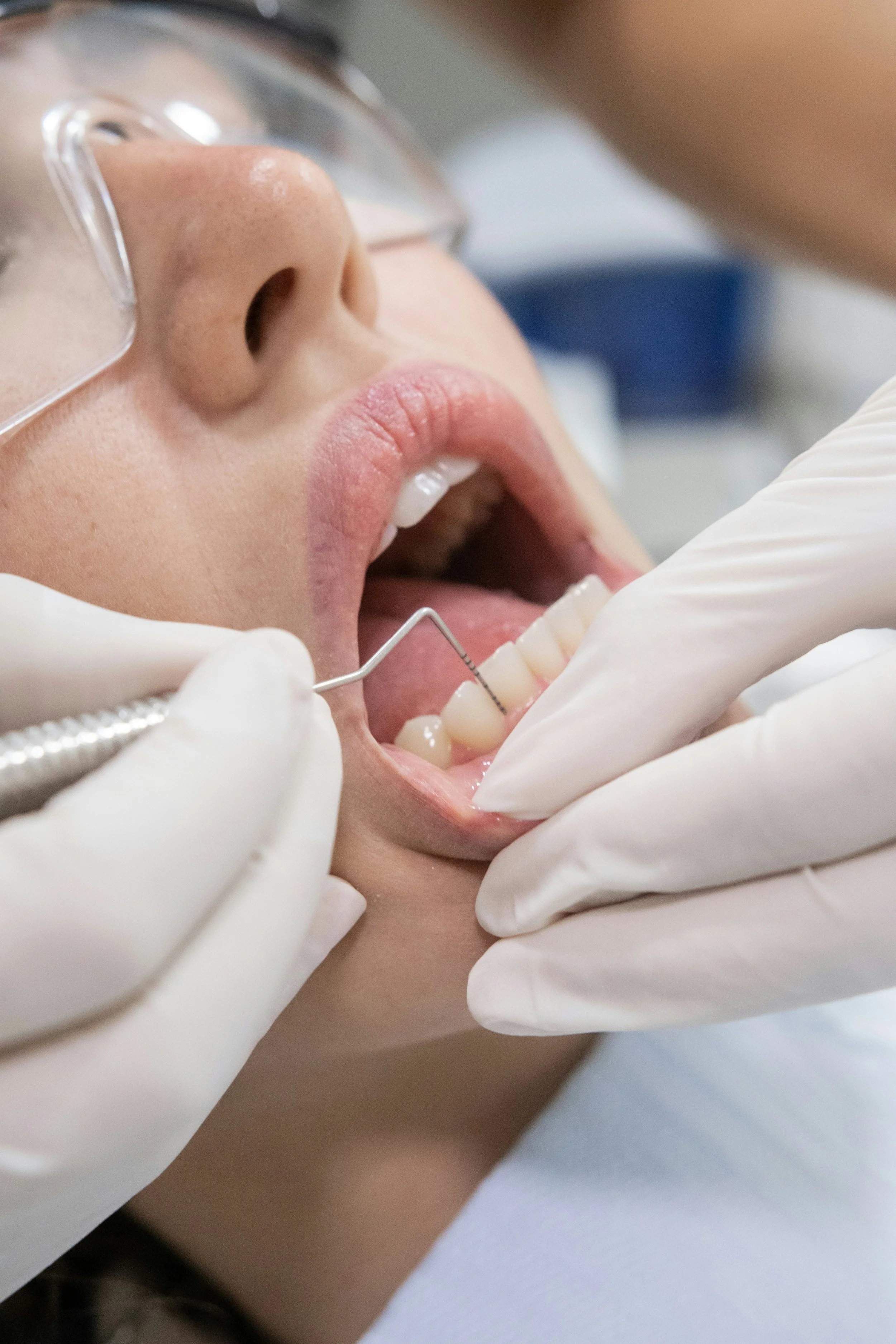Unexpected Symptoms of Gum Disease
Gum disease (periodontal disease) is a widespread condition affecting millions globally. While many are familiar with common signs like bleeding gums and bad breath, there are other, lesser-known symptoms that could indicate gum disease. Identifying these early can help prevent further damage and ensure effective treatment. Here are some unexpected signs you shouldn’t ignore.
1. Receding Gums
Gum recession occurs when gum tissue pulls away from the teeth, exposing more of the tooth’s surface. This can lead to increased sensitivity and is often caused by advanced gum disease. If untreated, receding gums can eventually lead to tooth loss.
2. Changes in Bite or Tooth Alignment
Gum disease can affect your bite and tooth alignment. As the gums weaken, they may no longer support the teeth properly, causing them to shift or loosen. If your bite feels different or your teeth are shifting, it’s important to consult your dentist.
3. Chronic Bad Breath
Persistent bad breath (halitosis), despite regular brushing and flossing, can be a sign of gum disease. The bacteria responsible for the disease release toxins that cause the foul odor. If your breath remains unpleasant even with good oral hygiene, it’s time to see a dentist.
4. Changes in Speech
As gums recede and teeth shift, speaking clearly can become difficult. If you notice changes in how you pronounce certain words or sounds, combined with symptoms like bleeding gums or tooth sensitivity, gum disease may be the cause.
5. Jaw Pain or Tenderness
Advanced gum disease can cause jaw pain, especially when chewing or applying pressure. This discomfort results from weakened support structures around the teeth, which can strain the jaw. Left untreated, this may lead to TMJ disorders and other complications.
Conclusion
While bleeding gums and bad breath are common symptoms of gum disease, it’s important to watch for these unexpected signs as well. Early detection and treatment can prevent further damage and protect your smile. If you notice any of these symptoms, don’t hesitate to seek dental care. Early intervention is essential for treating gum disease effectively.

